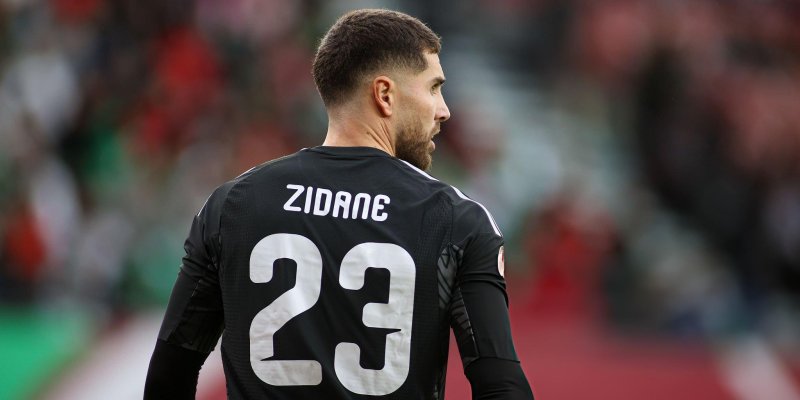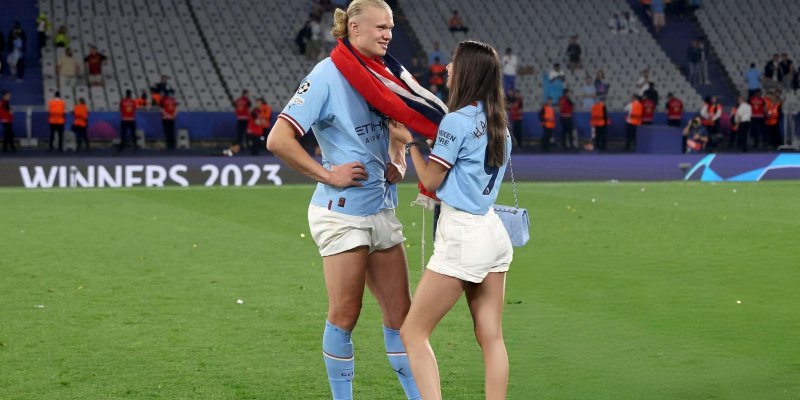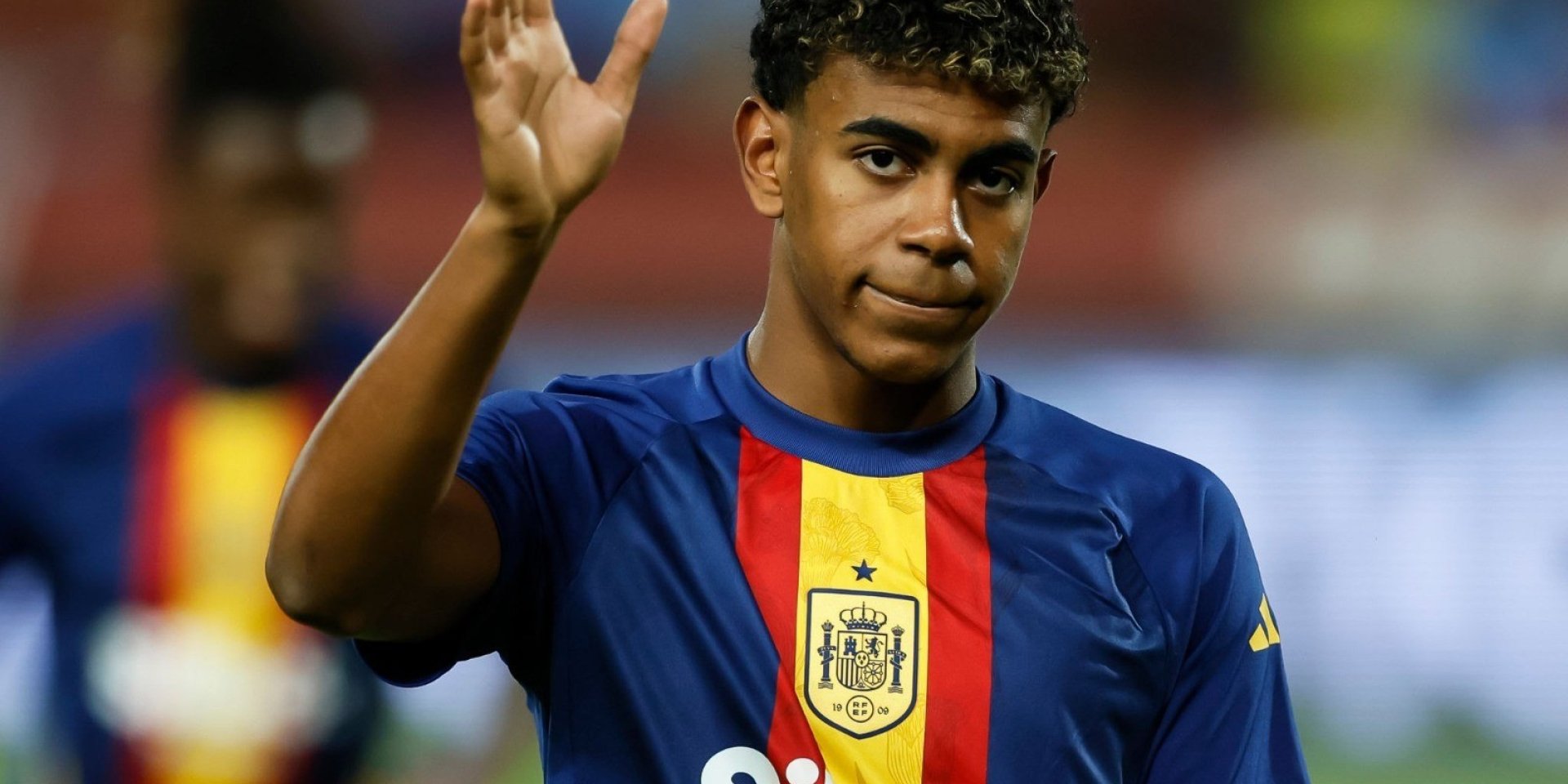
Barcelona’s teenage winger is back at the center of discussion — and this time it’s not about dribbling or end product. A short post-training clip hit the internet: Lamine Yamal drops his jacket on the pitch instead of handing it to a staffer. A split-second episode instantly became a talking point: some see disrespect, others a non-issue, and a third camp a warning sign for the reputation of a player growing up in full view of the football world.
One Second on Camera — A Week of Fallout
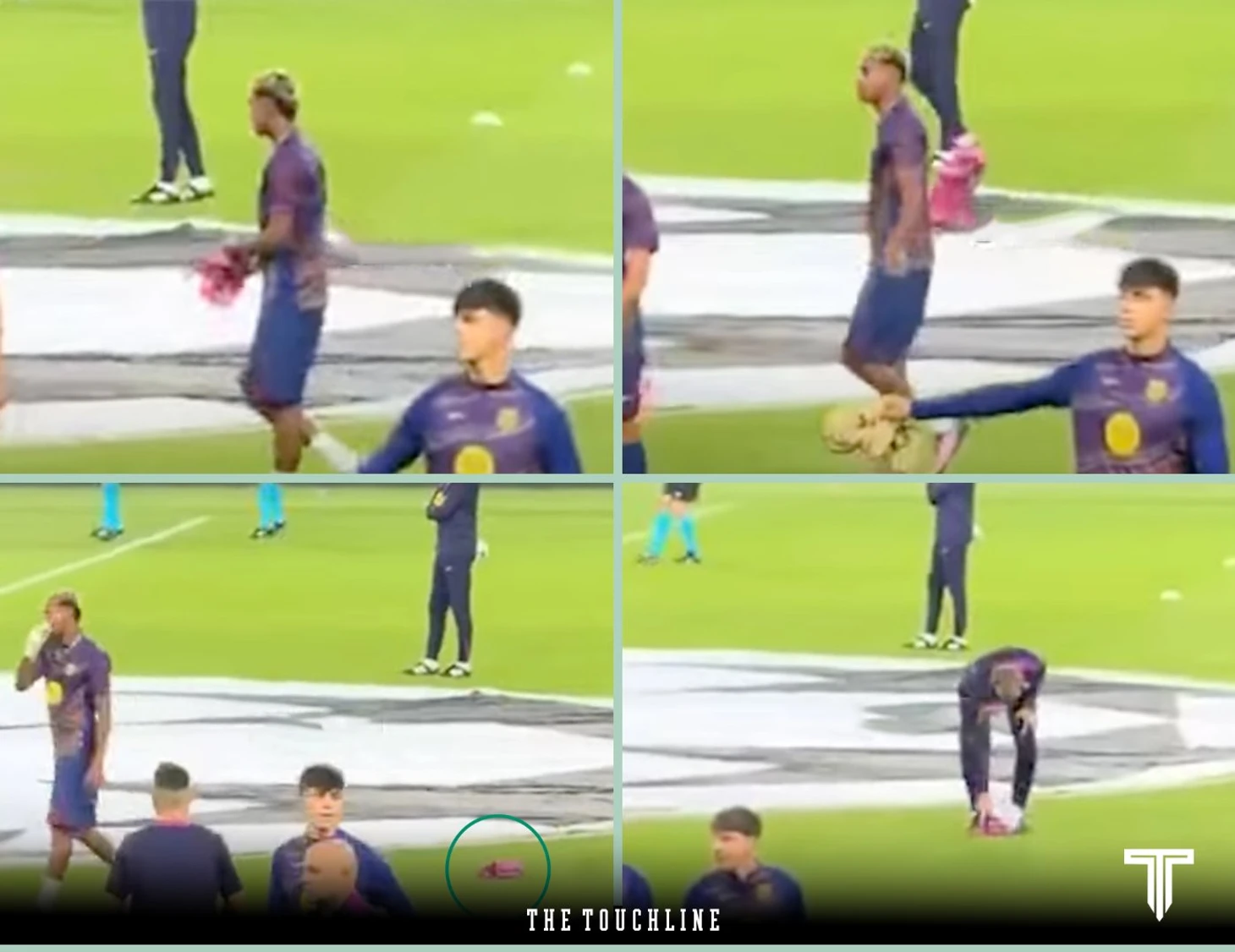
Modern football exists in permanent broadcast mode. Cameras and smartphones capture not only goals and assists, but also off-the-ball behavior — gestures, facial expressions, everyday little habits. The jacket clip fits platform algorithms perfectly: short, clear, conflict-driven. In the comments, people immediately took sides: some called it “disrespect to staff,” others shrugged — “nothing to see here,” and many turned it into memes. The main takeaway doesn’t change: the higher a player’s status, the more heavily every off-the-ball movement is weighed.
Not by Age Alone: Responsibility Arrives Early
Yamal is still not twenty, yet he’s judged by adult standards. Is that fair? Perhaps not. Inevitable? Absolutely. Super-talents are not just starters; they’re public brands watched by kids, parents, and academy coaches. The rule is simple: if you already influence a top club’s game, you’re an influential figure off the pitch as well. And influence obliges — to discipline, empathy, and attention to detail.
Comparisons with Neymar: Cause for Concern or Just a Cliché?
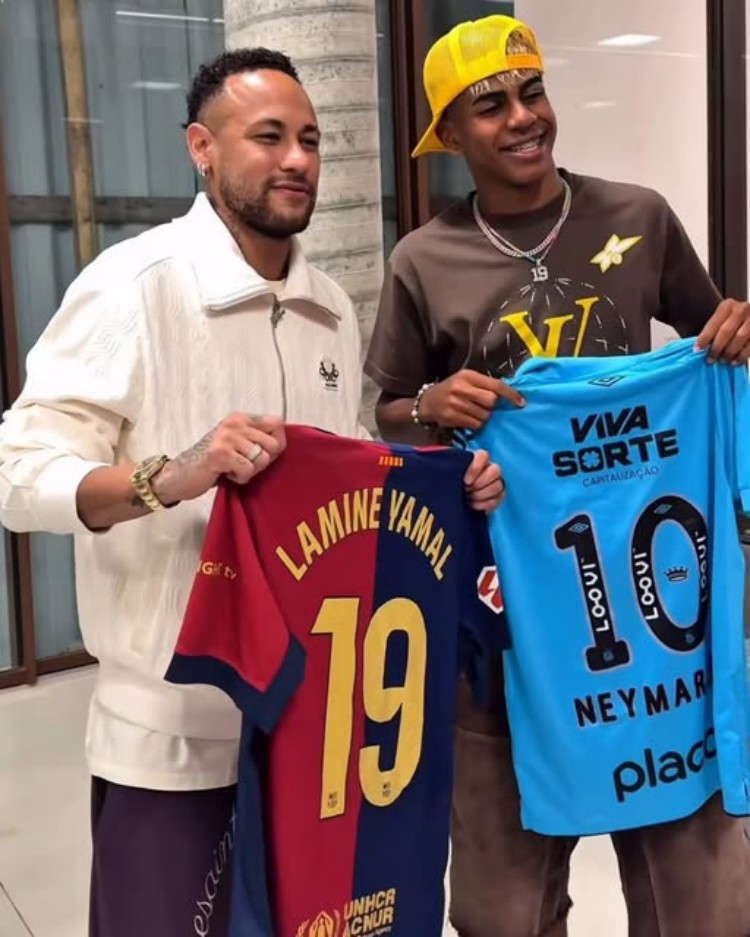
Some supporters instantly framed the episode with the “too much self-confidence” narrative. The familiar formula kicked in: “While he’s young, rein him in so he doesn’t turn into a showman.” But drawing straight parallels with Neymar is an oversimplification. Theatricality and showmanship aren’t the only paths for a star. Top-level football offers opposite examples where noisy episodes became points of growth. What matters isn’t what happened, but what follows: acknowledging the misstep, correcting habits, and showing respect to the people you share a dressing room and workplace with.
Locker-Room Etiquette as Part of Professionalism
Professionalism isn’t just xG, pressing intensity, and progressive passes. Teams also have “micro-rituals”: greet the staff, thank the masseur, pick something up off the grass if someone’s hands are full. Small things build culture. For a young player they become a protective shield against extra storms: a reflex to tidy up after yourself — one viral clip fewer, one point more for your reputation.
Criticism ≠ Harassment: Where's the Red Line?
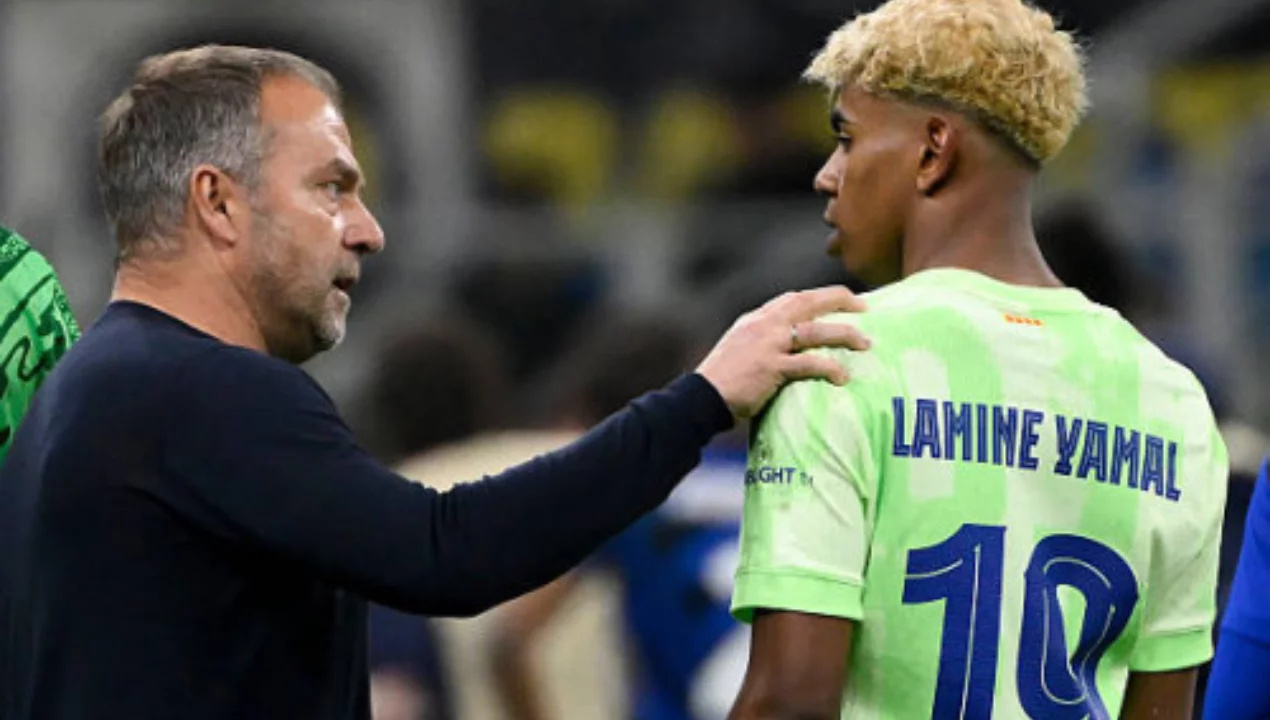
Criticism on the merits is useful: it reveals blind spots. But there’s a fine line between formative feedback and toxic hype. Personal insults, labels about a player’s family “upbringing,” or ethnic clichés are unacceptable. Constructive feedback sounds different: “Not a great look; better to apologize and learn from it.” On that tone, professionals grow — and football as a whole gets healthier.
What the Player and the Club Should Do
For Yamal, this is a convenient “short sprint” in growing up:
- admit the clip looks bad and close the matter with a simple “sorry, didn’t think”;
- refine “media hygiene” with the club: basic rules for being in public view, even when it seems there’s no camera;
- appoint a team “mentor” — a veteran who can point out the typical traps of public life.
For the club, it’s a reason to remind everyone of the standards. No press releases or drama: one talk in the dressing room often beats a thousand comments online.
Bottom Line: The Lesson Is Worth More Than the Jacket
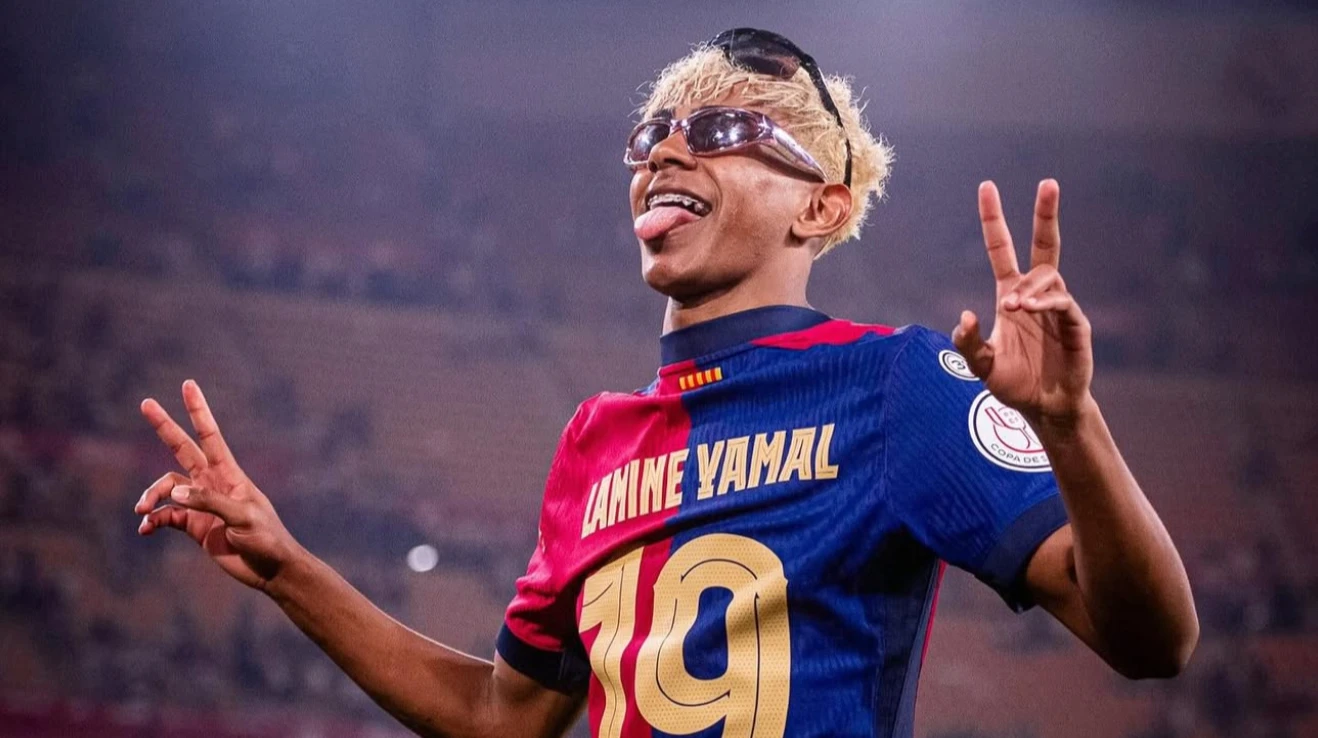
This story isn’t about an item on the grass; it’s about the cost of attention to detail in a star’s career. Today — a small snag in the reputation, tomorrow — a habit, and the day after — part of a professional’s DNA. From such small things, the image of a player is built — respected not only for the tricks, but also for how he treats people and the job.
What do you think: a strict reprimand, a teachable conversation — or simply close the topic and move on, keeping the focus on the game?

